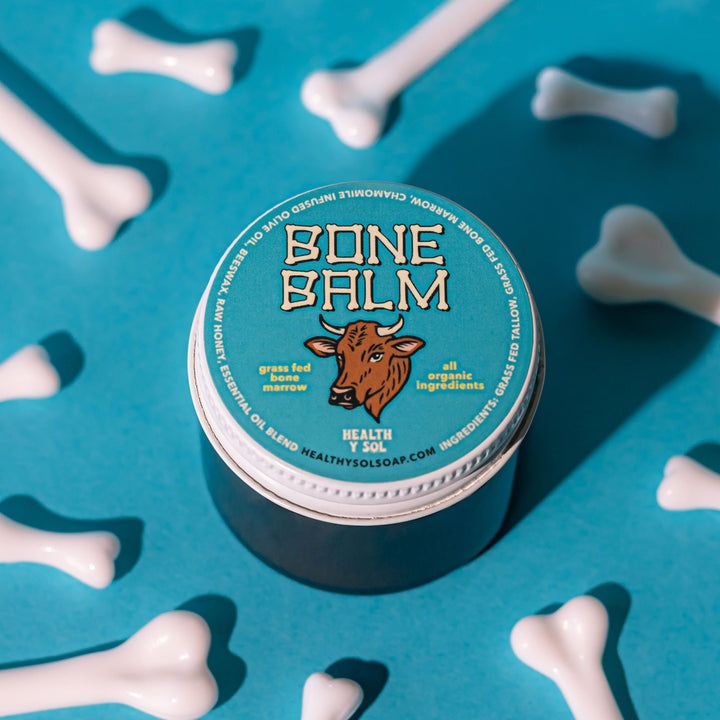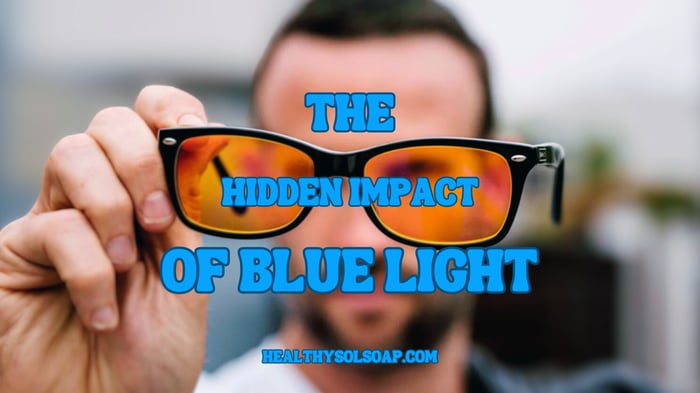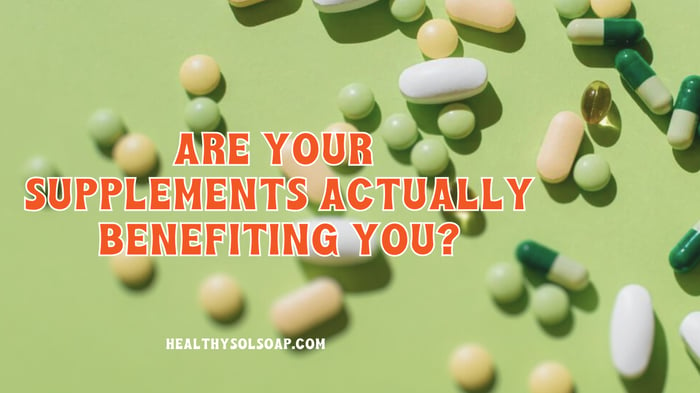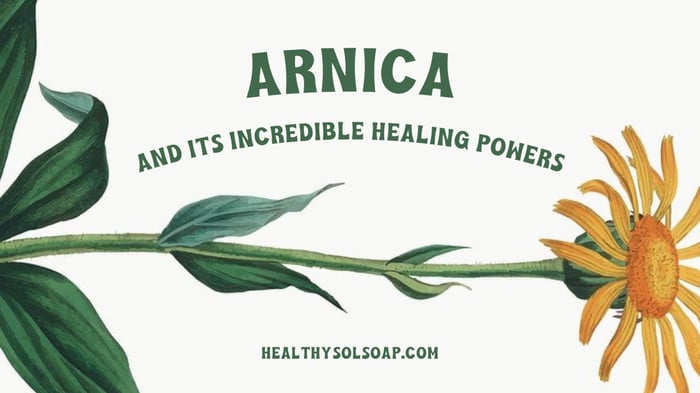In the world we live in today, blue light and its link to our health is a popular topic of discussion. Excessive exposure, particularly through digital devices, has raised concerns about the impact on our eyes, skin health, and overall well-being.
What Exactly is Blue Light?
In simple terms, blue light is a high-energy, short-wavelength light that falls in the range of the visible light spectrum. It is one of the colors on the light spectrum that is easily visible to the human eye.
Sources
1) Digital Screens
Phones, tablets, laptops, and televisions all emit significant amounts of artificial light. Given the amount of time people spend on these devices daily, they are a the number one source of blue light exposure.
2) LED and Fluorescent Lighting
The lighting we see in most homes and public spaces are LED and artificial fluorescent lights: these lighting solutions emit great amounts of blue light as well, causing more harm than good.
3) Sunlight
Sunlight is a form of light that is a mixture of all the colors in the rainbow…meaning it also emits blue light. Getting sunlight is amazing for several wellness aspects such as regulating your circadian rhythm and for skin health. Please, continue to get out into the sun, just know there must be moderation in everything; if you want extra protection from the sun we suggest using our Sun Grazer.
Sun vs Screens
Blue light is considered more harmful than blue light from the sun for several reasons:
1) Proximity and Duration
Our usage of digital devices is almost constant. Nonstop throughout the entire day. From the moment we wake up, to the minute we go shut eye, we are continuously using some form of a screen. We also hold our phones and laptops just inches from our face whenever we are using them, which is significantly closer to us than the sun.
2) Evening Exposure
Unlike sunlight, which diminishes naturally at sunset, screens can be used at any time during the day or night. Exposure to the harmful light from devices in the evening disrupts the production of melatonin (sleepy hormone), leading to sleep disturbances.
3) Lack of Awareness
People are more conscious of protecting their eyes from the sun than they are devices. We don’t look directly into the sunlight for extended periods of time, and we have sunglasses to protect us if we need to be outside for longer times. Why don’t we take the same precautions when using screens? Million dollar question.
4) Artificial Light Intensity
Although the intensity of blue light from screens is lower than sunlight (you can’t get any stronger than a ball of fire in outer space), the constant and direct exposure from our devices strains our eyes far more than natural light.
Blue Light Effect on Our Skin Health
One of the primary concerns of blue light on our skin is that direct blue light can penetrate deeper into the skin than UV light. Prolonged Exposure can lead to several skin issues including premature aging, wrinkles, fine lines, and sagging skin.
Another notable effect of artificial light on the skin is hyperpigmentation. Studies have indicated that’s blue light can increase the production of melanin, the pigment responsible for skin color. This is particularly problematic for individuals with darker skin tones, as they are more prone to developing dark spots and uneven skin tones.
Inflammation is another consequence. This light can induce inflammatory responses in the skin, exacerbating conditions such as acne and rosacea. Inflammation can lead to redness, welling and discomfort.
How to Limit Exposure & Effects
1) Red Light
A great solution to invest in would be red light. Whether that be a red light panel, lightbulbs, or simply changing your phone setting to turn red during the evening, this can help limit harmful light exposure immensely. Red light also induces sleep, so you are killing two birds with one stone. You’re welcome.
2) Blue Light Glasses
Yes, there are skeptics behind whether blue light glasses actually work or not, but I am here to tell you that they can definitely aid in cutting out harmful light. These glasses work by protecting your eyes and reducing glare from screens. These lenses are designed to absorb or block artificial light from entering the eyes.
3) Limit Screen Time Before Bed
You will notice almost instantly how good your quality of sleep will get when you put your phone away when you get ready for bed. If you have to break the habit of using your phone up until the very last second of your day, try starting off small by adding 10 minutes each night to no phone exposure.
4) Incandescent Light Bulbs
Incandescent light sources provide good full-spectrum light, as opposed to LED which emits blue-rich light. Incandescents are good for evening illumination when there is no natural light. They provide for a softer light that is easier to absorb through the eyes.
Natural Light Versus Artificial Light
5) Effective Skincare
Using proper skincare will help to keep your skin protected. Applying natural skincare products will allow your skin to regenerate and recover from the day’s blue light exposure.
Bone Balm

$40.00
Our most gourmet skin food yet. Use as a daily moisturizer, overnight mask, or anywhere your skin needs some extra love. We've combined scrumptious ingredients like Grass-fed Tallow, Chamomile-Infused Olive Oil, and prized Bone Marrow to give you a delectable… read more
There you have it: blue light. That ever-so-friendly glow from your devices: the ultimate multitasker. Here to strain your eyes, make your skin sag, and give you a great headache… all the while messing with your sleep schedule! But hey, at least it is a problem we all have to face together.
So, the next time you are doom-scrolling on Instagram, think about the effects of blue light on your precious skin and pretty eyes, and maybe put the phone down for once (unless you are in the middle of ordering from Health y Sol…in that case, carry on!)










